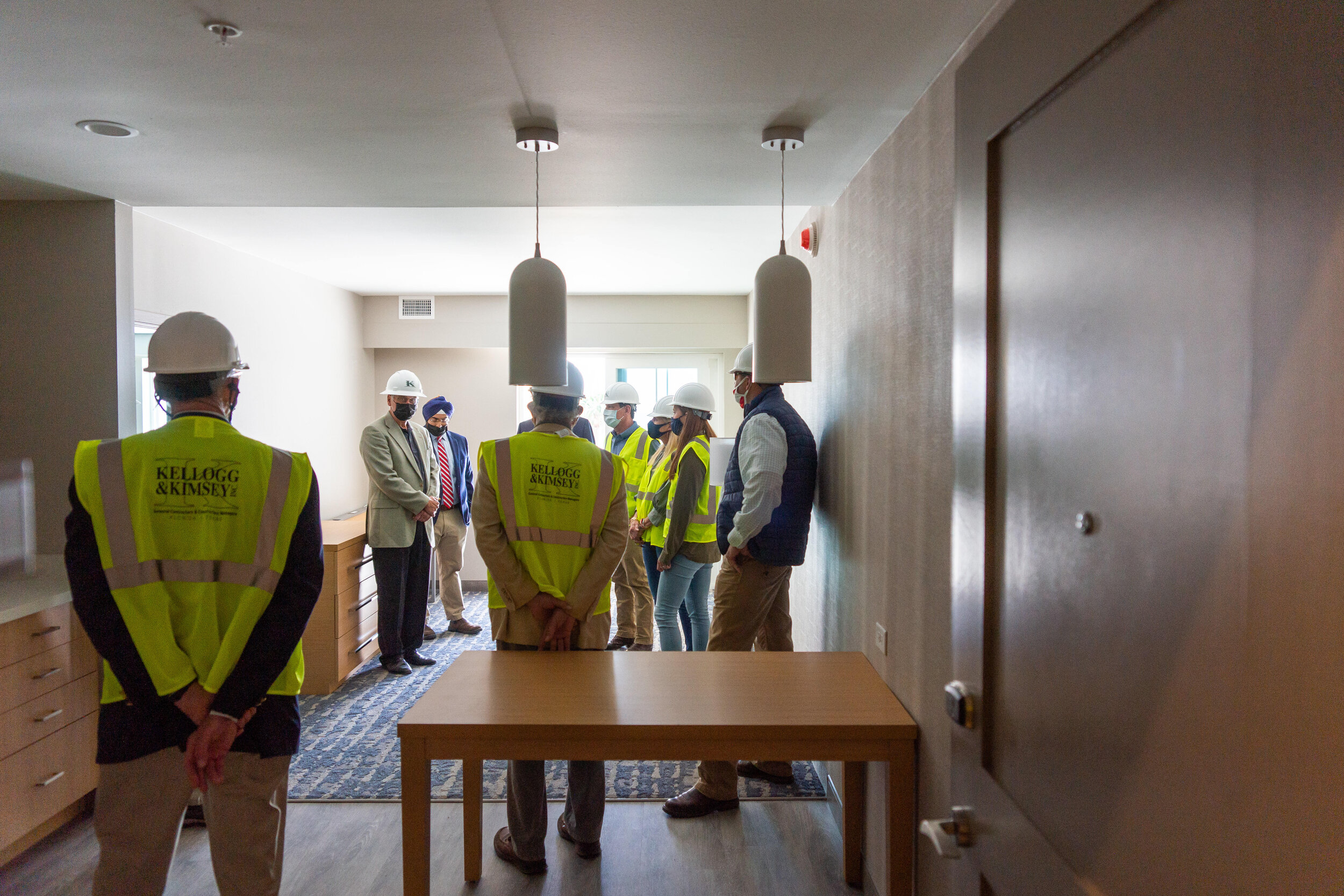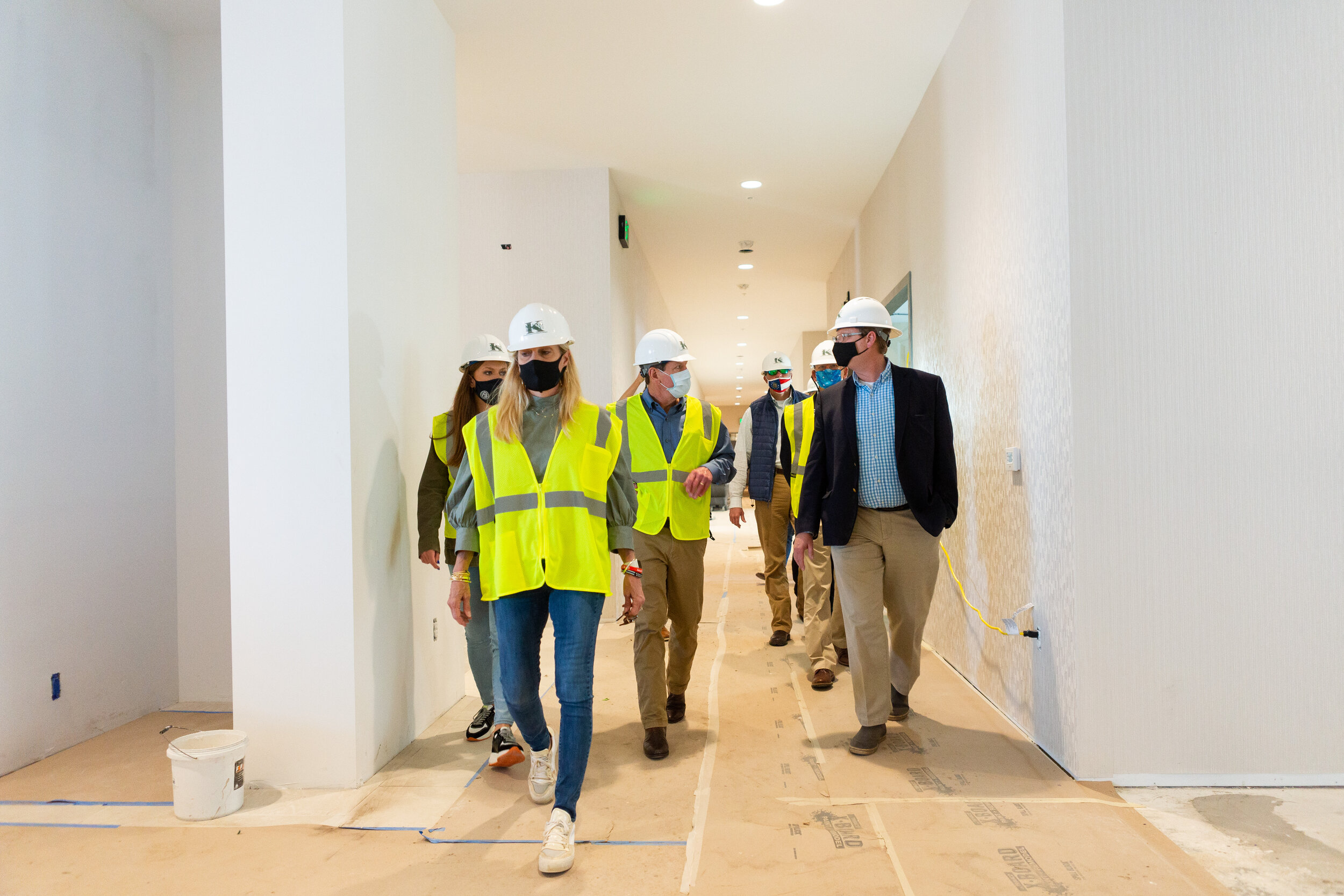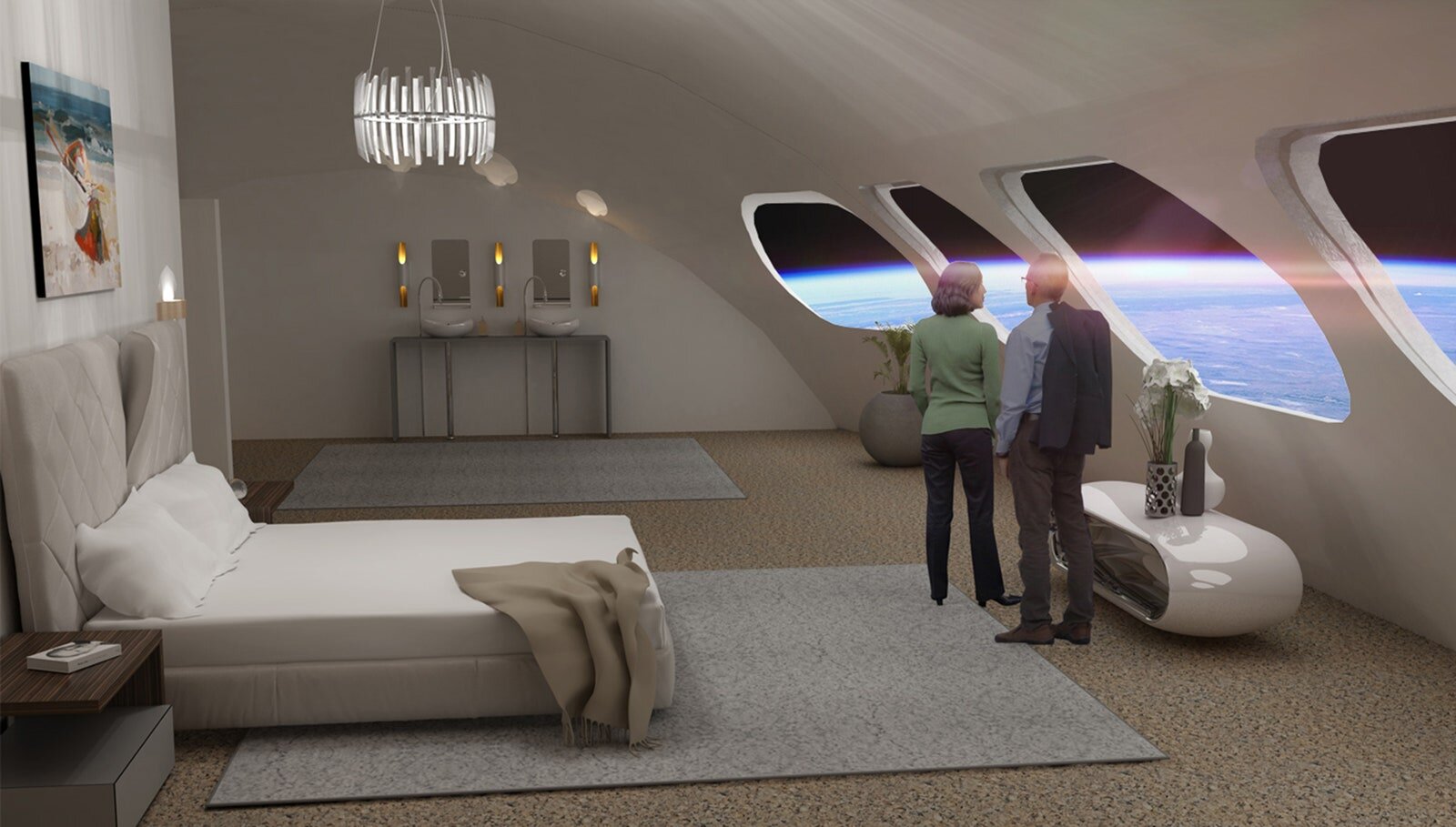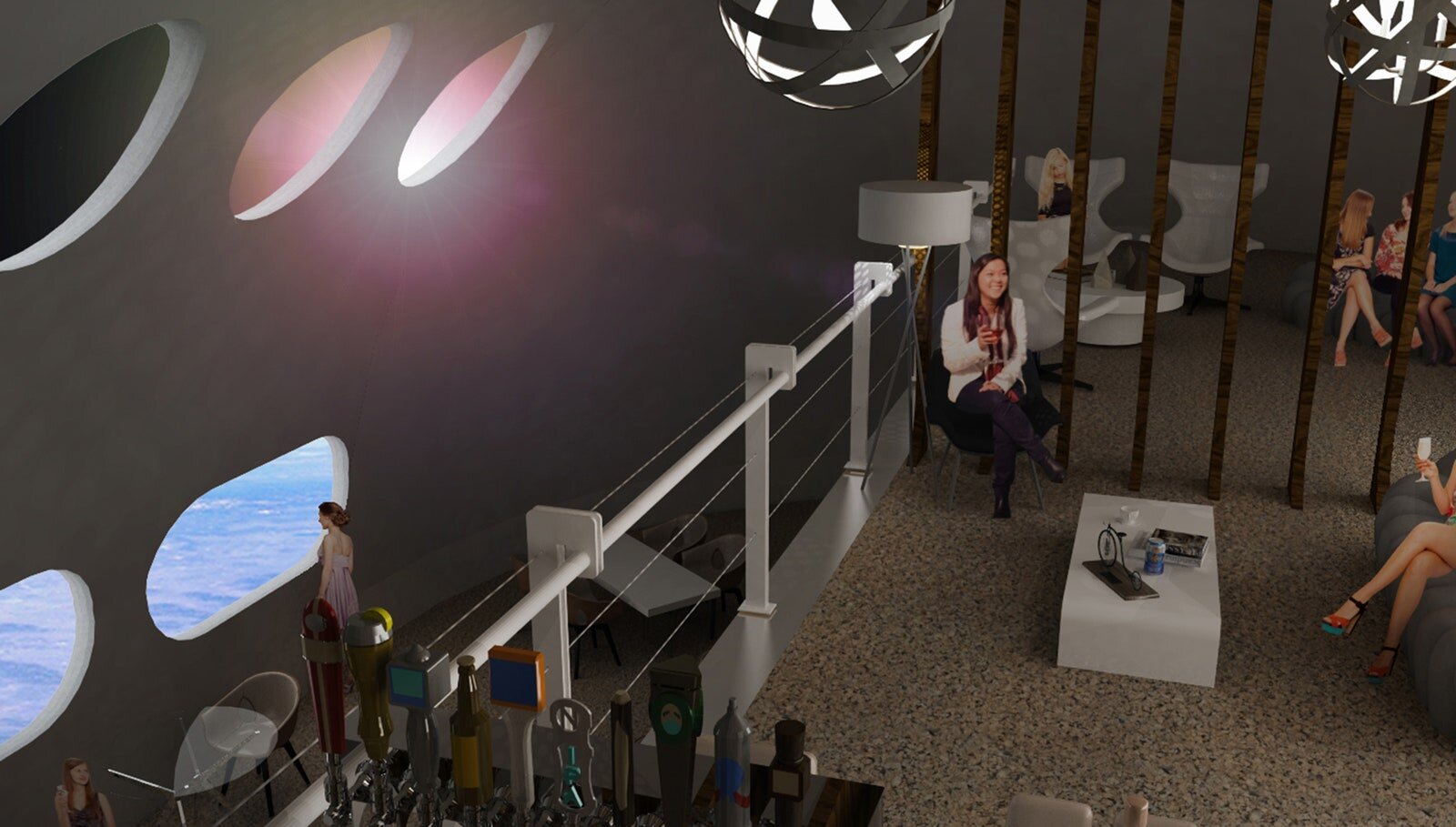by Elska Vuong
Perhaps no industry was more aware of 2020’s buzzword ‘pivoting’ than hotels, which have become adept at repurposing their spaces throughout the pandemic. They offered their empty rooms as housing for the homeless and temporary offices for executives and remote workers; they’ve even turned their conference rooms into classrooms for children learning remotely. But while most of those concepts will likely go to the wayside as hotel occupancy rates rebound, one concept that may stick around has to do with how hotels utilize their kitchen space.
Before the pandemic, food and beverage programs at full-service hotels were known to rarely be revenue generators. Required to have an on-property restaurant to meet brand standards, full-service hotels needed to keep a full kitchen and wait staff on standby all hours of the day and night to offer room service for an uncertain demand, a costly endeavor.
Enter the ghost kitchen. Also called “digital kitchens,” ghost kitchens are cooking facilities that produce food for delivery or takeout only. As the lodging industry saw decreases in room revenue at the height of the pandemic, some entrepreneurial hotel managers were able to create new revenue streams in their underutilized restaurant and catering kitchens by turning them into ghost kitchens. Demand for takeout and delivery was skyrocketing, and there were food businesses looking to rent commercial kitchen space and had no need - or desire - to invest the large sums typically required to open a restaurant staffed and designed to serve in-person diners. Thus, the makings of a mutually beneficial partnership.
Analysts estimate that fewer than 5% of hotels in the United States are operating ghost kitchens from within their properties, but that number is expected to grow, and already includes properties from major brands like Marriott, Accor, and Hilton. In fact, there are now a number of companies that are focused exclusively on supporting the burgeoning ghost kitchen industry.
One, C3 (for Creating Culinary Communities), operates multiple food brands for delivery from a single ghost kitchen, and sees hotels as a key part of expanding their business. The kitchen operates as both the in-house dining for the hotel as well as a hub of operations for food delivery to the surrounding neighborhood. Particularly at hotels in prime locations whose on-property food offerings have not typically been popular with locals, attaching a name brand to the property could bring new cache and customers. Companies such as Butler Hospitality will take over a hotel kitchen and manage it as a central hub for room service to both the property it operates within as well as to surrounding hotels via delivery. Or there’s UseKitch, which connects food businesses with individual chefs with available commercial kitchen spaces.
But what does this mean for hotels as occupancy rises and they start to need their kitchen facilities back? Whether it’s partnering with a company to operate their in-room and/or on-property dining, or repurposing their catering kitchens permanently to support ghost kitchen operations for the long term to supplement their in-person dining offerings, it’s hard to imagine that hotels would turn their back on a new revenue stream in a once unprofitable area of their business. Especially while demand continues to rise: The business of food delivery is expected to be a $75.9b industry by 2022, while Euromonitor, a market research firm in London, predicts ghost kitchens will be a $1 trillion industry in the next 10 years.
If anything, it’s more likely that we start to see newer trends in hotel development, with developers thinking through how to better facilitate delivery and takeout in the communities surrounding a hotel restaurant. The emergence of ghost kitchens may turn out to be one of those rare scenarios in which all parties walk away happy. “Everybody’s happy: Hotels are happy they can charge monthly fees on an unused kitchen,” said Richie Karaburun, a professor at New York University’s Jonathan M. Tisch Center of Hospitality. “Customers are happy they can get more choices. Entrepreneurs are happy they don’t have to invest so much money and time for a restaurant.” Making lemonade out of lemons, indeed.














